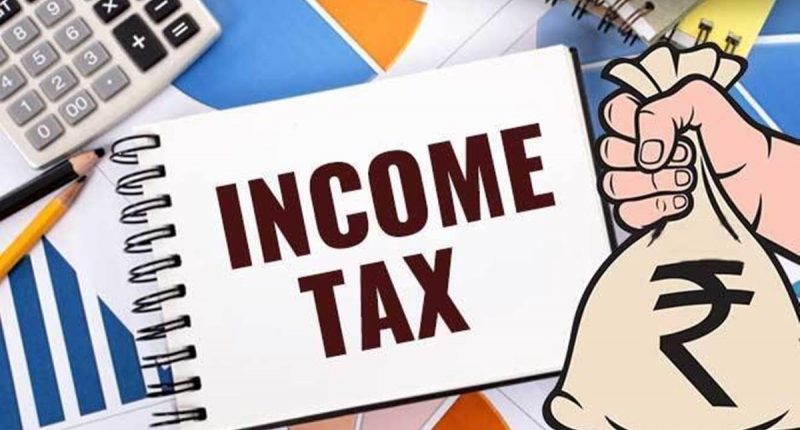To prevent tax evasion, Income Tax officials have kept an eye on the cash transactions in banquet halls, hospitals and businesses.
Accepting payments in cash do not leave any trail of its source, whether taxes have been paid on it or not, or whether it comes from a legal source, etc. Hence, the government has included certain provisions in the Income Tax Act to restrict high-value cash transactions.
The rules state that no person should accept an amount of Rs 2 lakh or more in cash in a single transaction or aggregate in a day. If the amount exceeds the said cash limit, it should be paid through account payee cheques, account payee drafts, or by using an electronic clearing system through a bank account. Further, one cannot accept a cash loan or deposit from another person if the amount exceeds Rs 20,000.
It is observed that many hospitals did not follow the mandatory rules of collecting the patient’s PAN when they were admitted. Also, recently, the department took action against some architects and banquet halls that did not record the cash transactions in their accounts. The Income Tax department is now planning action against such hospitals and businesses.
This financial year, the government is also planning to keep an eye on the businesses in several small towns where cash transactions still occur. The department plans to use the data from various reporting entities and match the same with the Income Tax returns, and GST returns filed.
For any clarifications/feedback on the topic, please contact the writer at namita.shah@clear.in

I’m a chartered accountant and a functional CA writer by profession. Reading and travelling in free time enhances my creativity in work. I enjoy exploring my creative side, and so I keep myself engaged in learning new skills.





